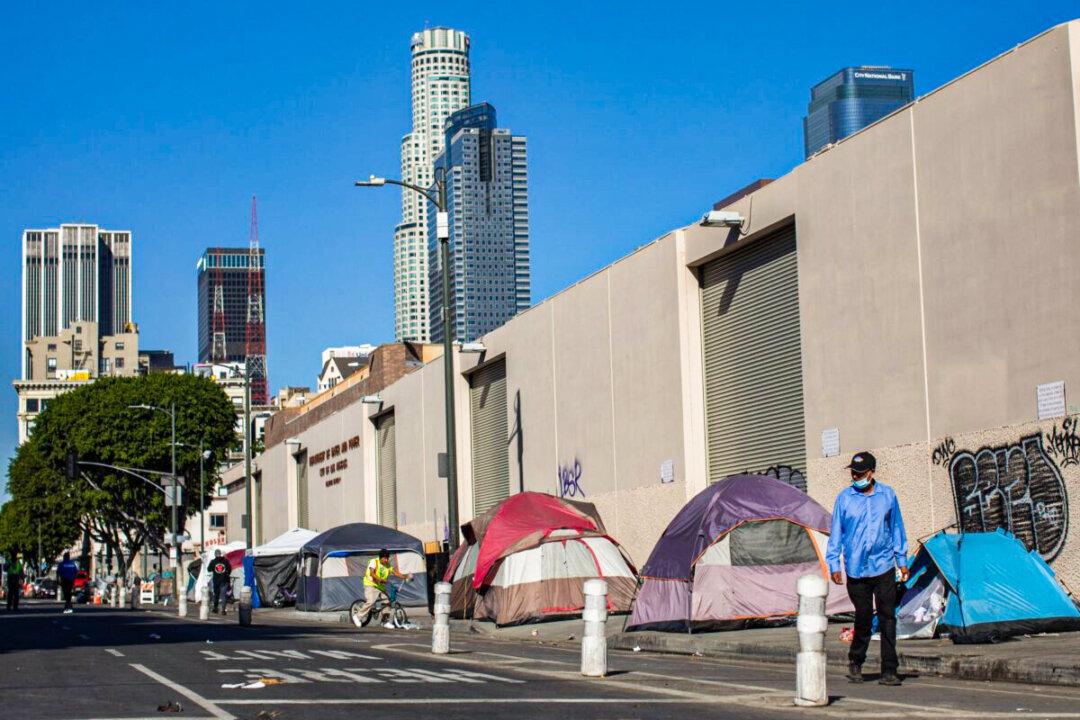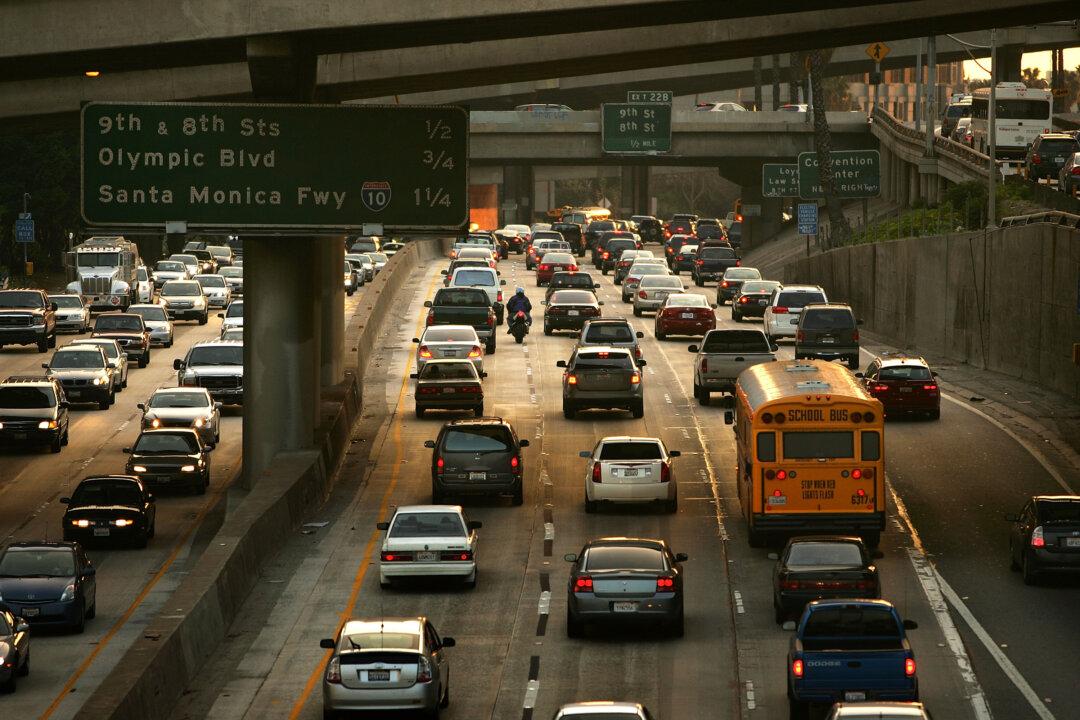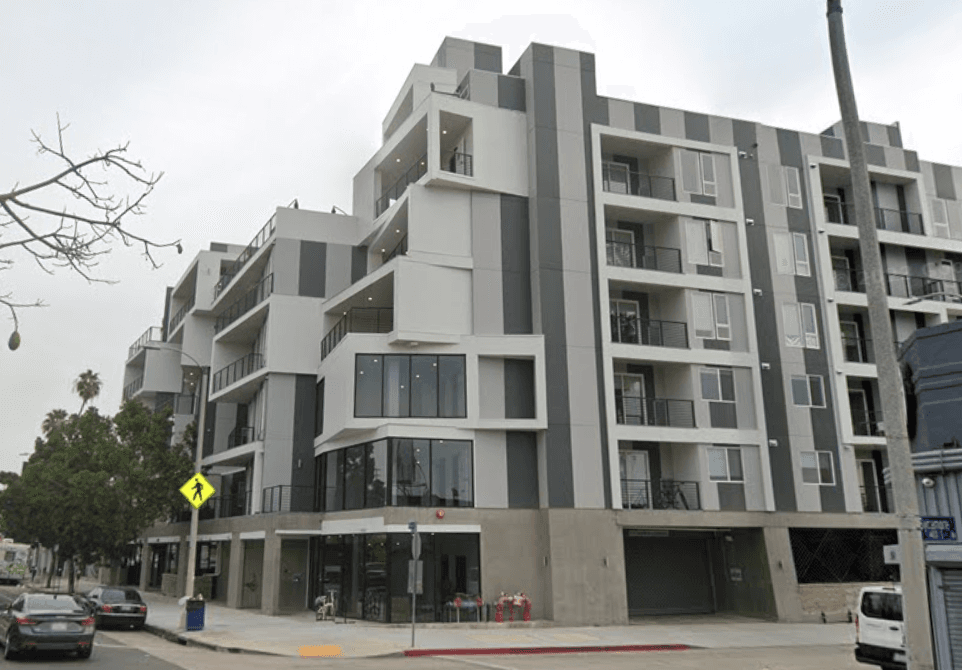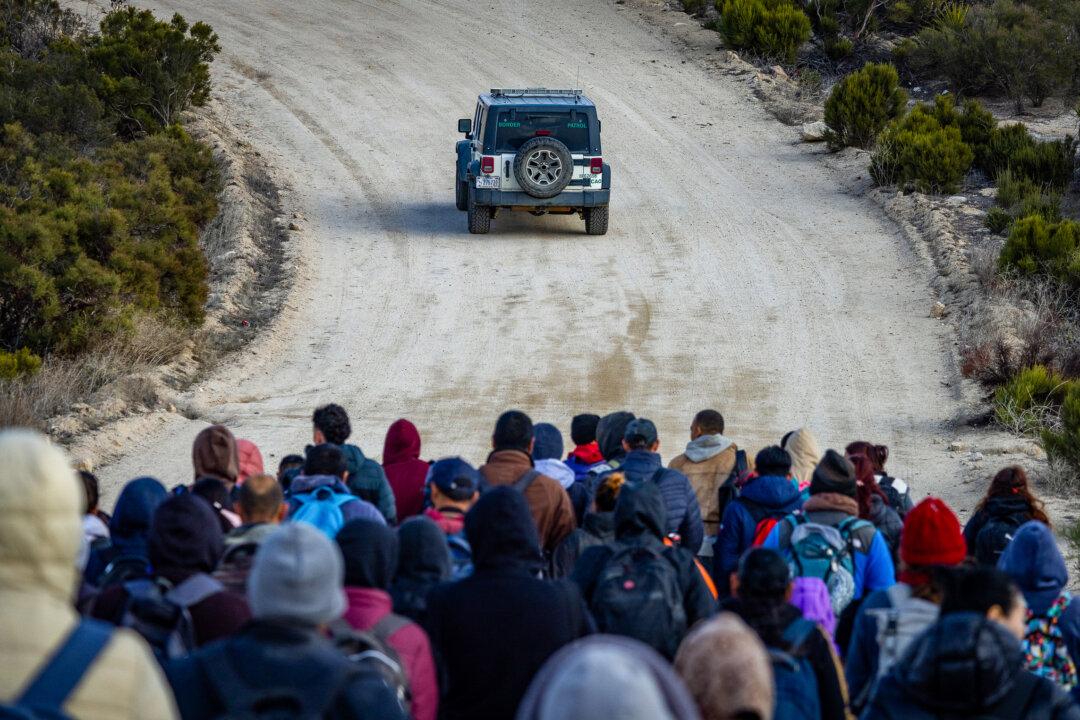Commentary
There is an easy explanation for Los Angeles’ out-of-control homeless encampments: The city’s leaders allow them. They instructed the LAPD years ago to stop enforcing its no camping laws, which had prevented tents or sleeping on city sidewalks, in parks, beaches, and other public spaces. Incredibly, it also instructed police that such tents must be treated as private homes!





